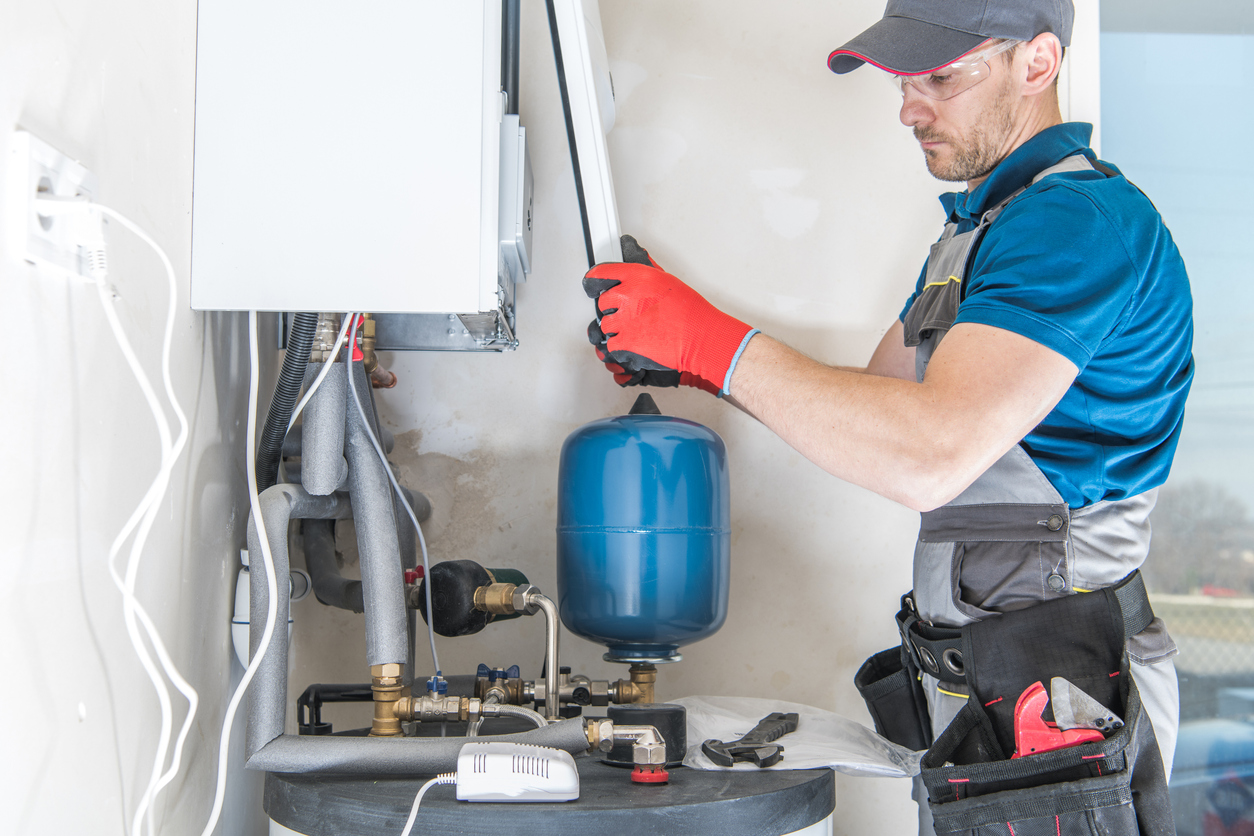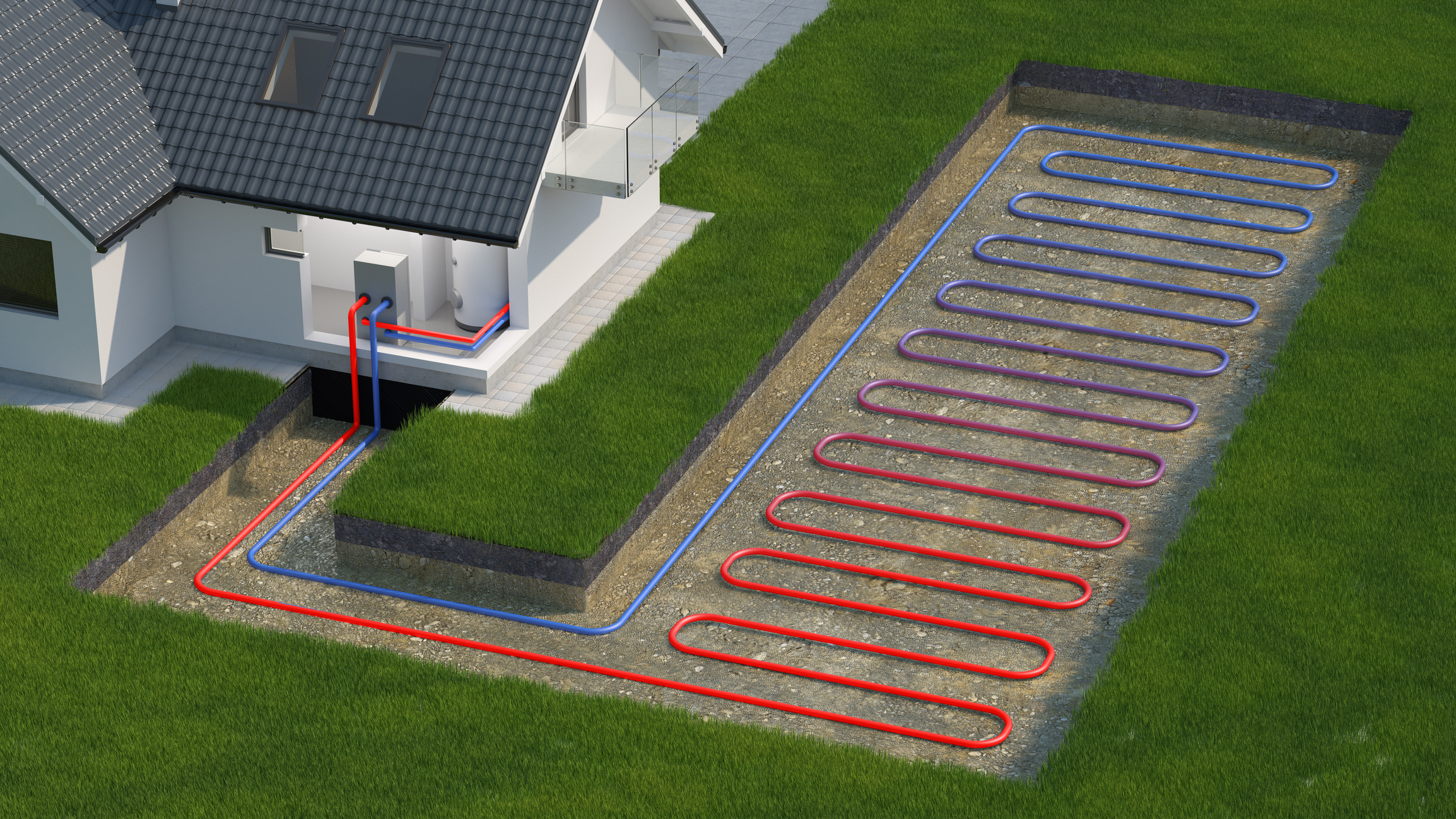Heating Services For Your Northeast Indiana Home Or Business
Central and Northeast Indiana can get bitterly cold, and your heating systems must be up and running. For over 40 years, Masters Heating & Cooling has kept the region warm all season long. With our furnace, heat pump, and geothermal system services — and our financing options and experienced technicians — your home will never have to go without heat when you need it the most.
Call us today at (866) 824-4328 or contact us online for more information about our heating services.
Gas & Electric Furnace Services
Whether you have a gas or electric furnace, Masters Heating & Cooling can service your system or install a new one if your old unit is no longer up to the task. Our team specializes in:
- Furnace repairs
- Furnace replacements and installations
- Furnace maintenance
Let us take care of any furnace issues your home or business may be experiencing. With proper service, you can lengthen the life span of your furnace and ultimately save money in the long run.
Heat Pump Services In Northern Indiana
When properly maintained and repaired, a heat pump can be one of the most efficient heating systems. Masters Heating and Cooling offers heat pump services for homes and businesses, including installation, replacement, repair, and maintenance.
Our experienced team will always provide efficient, friendly service and get to the root of your heat pump problems.
Call the team at (866) 824-4328 for heat pump services, or contact us online to schedule an appointment!
Dependable Geothermal System Services
Geothermal systems use Earth’s heat to warm your home or business during the coldest months. Our team at Masters can provide installation, replacement, repair, and maintenance services to keep your geothermal unit in good shape.
To schedule geothermal system services in the central or northeastern Indiana area, contact Masters Heating & Cooling online or call us at (866) 824-4328 for help today!
Why Choose Masters Heating & Cooling?
Since 1980, Masters Heating and Cooling has cared for heating systems for Northern Indiana home and business owners. All our technicians are licensed, background-checked, and insured and can service all makes and brands of gas or electric furnaces, heat pumps, or geothermal systems. Masters offers free estimates for replacement quotes, upfront pricing, and financing options to get the desired system. Also, be sure to ask about our military, veteran, and senior discounts for service. Let Masters handle any heating issue that comes your way!
Contact our team today for heating services in Fort Wayne, Decatur, Angola, and other communities in Northern Indiana. Call us at (866) 824-4328 or schedule service online !



